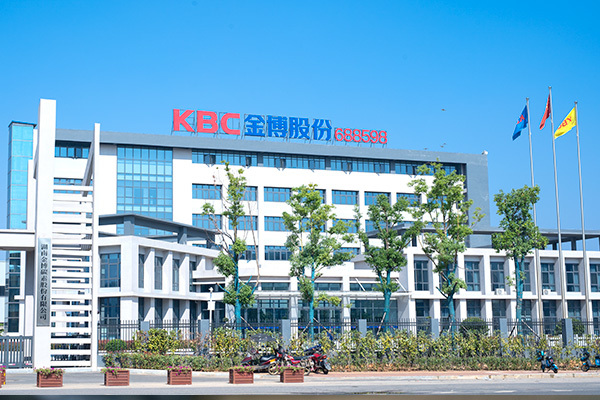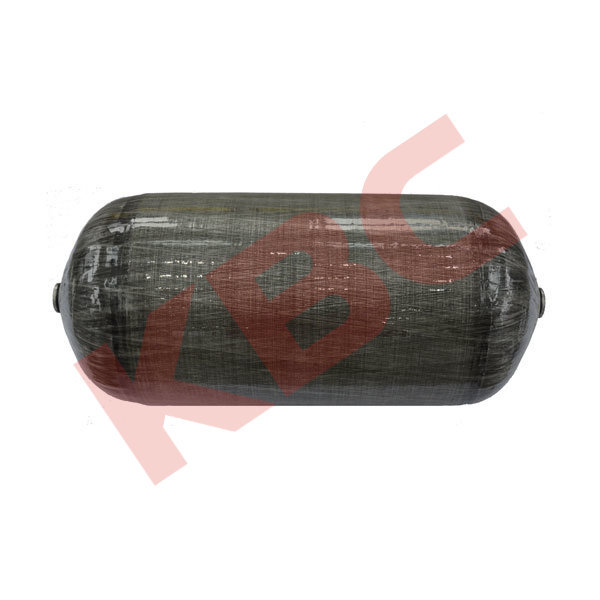-
About Us

-
Products Center
-
Human Resources

-
Investor Relations

-
Carbon Fiber Fully Wrapped Cylinder
keyword:
Category:
Detailed Introduction
Type IV hydrogen storage cylinders are essential energy storage components for aircraft, ships, and vehicles
► Type IV hydrogen storage cylinders are mainly composed of plastic liners, metal valve seats, carbon fiber composite layers, glass fiber protective layers, and polyurethane protective sleeves.
► Type IV hydrogen storage cylinders are used in conjunction with integrated valve cylinders, one-way valves, pressure reducing valves, relief valves, pipelines, sensors and other components to form a hydrogen supply system for vehicles.
► Generally, commercial vehicles include 6-8 high-pressure hydrogen storage cylinders, while passenger cars have 2 or 3 cylinders.
Related Products
Features: purity≥99.999%
High-purity hydrogen gas is mainly used in various fields, such as powder metallurgy, metal smelting, new energy, fuel cells, chemical industry, poly-crystalline silicon, industrial gases, electronics, pharmaceuticals, float glass, hydrogenation of food, military industry, aerospace, environmental protection, etc. In addition to its wide applications in these traditional areas, it can also be applied to emerging fields such as hydrogen-powered vehicles (including passenger cars, commercial vehicles, logistics vehicles, forklifts, rail vehicles, etc.) and hydrogen power generation (including distributed generation of combined heat and power, power generation and energy storage, backup power, etc.).
Process Characteristics: KBC Hydrogen uses PSA technology for tail gas recovery to produce high-purity hydrogen, which has the characteristics of mature technology, energy saving, environmental protection, and recyclability.
Get Product Quotes For Free


0737-6151006(市场营销)
0737-6202107(证券部)
0737-6151008(综合部)
0737-6151099(采购部)
0737-6151018(人力资源)

WeChat official account




